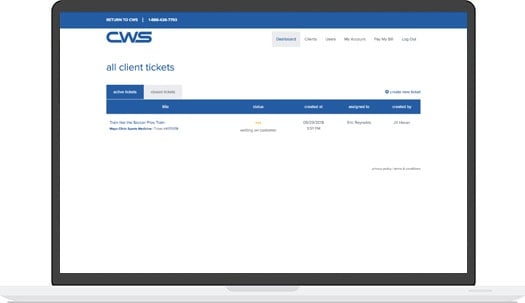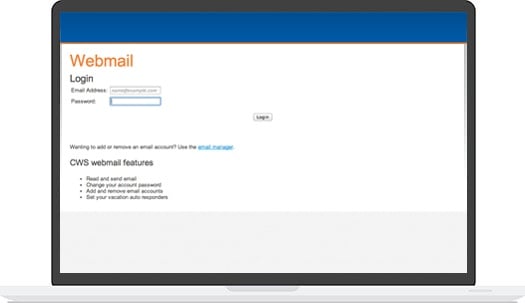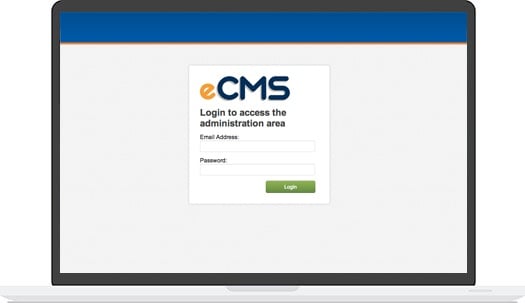When it comes to search engine optimization you may be thinking that the more keywords the better. This method of "keyword stuffing" worked well about 10 years ago, but as with all technology, the search engines have improved and can easily see if you are writing content just for them. As you have probably heard you should write for your audience, not the search engines.
How do you tell if your content is written to target search engines and specific key phrases? Follow these 3 steps:
Step1: Read Your Site
You must actually read the content on your site. If you are noticing keywords that feel like they are being forced into place they probably are. Try to use a synonym or rewrite the sentence using different words.
Step 2: Count Those Keywords
Count the number of times your keyword appears in your page to find your "keyword density". You can find this by taking the number of words in the document dividing it by the number of times your keyword appears. Ideally it should be between 3 and 5 percent.
Step 3: Sound like a Human
Does your content make sense and does it sound like a human wrote it? There are lots of places where you can have content rewritten into additional stories, however these "article spinning" websites do a poor job of actually making new worthwhile content. An article spinning site may turn a story about Salt Lake into Sodium Filled Body of Water (yes there are actual examples like this). This is no good for you or your visitors.
How Do I Balance Quality Content & SEO?
First, make sure your content is well written. If you can afford it, hire a professional writer or at least have someone proof read before you post it live. Second, be aware of how often you are using a specific keyword / key phrase. Finally, be sure that your content makes sense. You don't want to waste an opportunity to keep a new visitor by giving them garbage information.

.jpg?t=1533315998368) How-To Articles
How-To Articles Support Portal
Support Portal Webmail
Webmail Rapid Newsletter+
Rapid Newsletter+ eCMS
eCMS

 Our content team is made up of thought leaders, strategists, and content creators who have more than 70 years of combined experience. With a wide variety of backgrounds as entrepreneurs, marketing gurus, healthcare associates, as well as plenty of experience in other industries, we help grow businesses with our relevant, trusted, and helpful resources.
Our content team is made up of thought leaders, strategists, and content creators who have more than 70 years of combined experience. With a wide variety of backgrounds as entrepreneurs, marketing gurus, healthcare associates, as well as plenty of experience in other industries, we help grow businesses with our relevant, trusted, and helpful resources.
